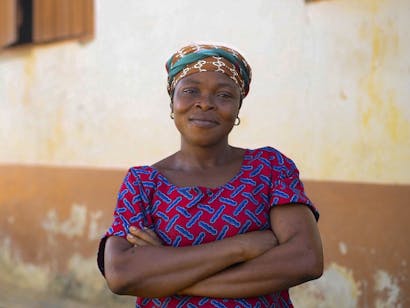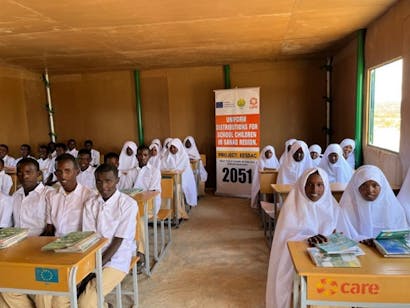Gender and the Grand Bargain
Ambitious plans to reform the humanitarian sector are still failing to reach grassroots women’s rights organisations or be felt by women affected by crises. For individual aid agencies and the wider humanitarian sector, listening to women and girls, and protecting and respecting their rights, can no longer be seen as an ‘optional’ aspect of humanitarian response.

Not what she bargained for? Gender and the Grand Bargain
As donors, UN agencies and NGOs review progress on the Grand Bargain, this paper outlines recommendations to promote women’s leadership and participation across the humanitarian reform agenda, focusing on the three Grand Bargain workstreams: localisation, participation and cash.
Disaggregating gender
The Grand Bargain process made minimal reference to gender, despite it being agreed in parallel with the World Humanitarian Summit in 2016 at which the same governments, UN agencies and civil society also endorsed five ambitious pledges on gender. Positively, whilst the first round of Grand Bargain annual reports in 2017 included almost no references to gender, there has been increased attention on this issue in 2018 reporting. However, many signatories referencing gender do so in a limited way; reporting basic actions such as the updating of institutional policies or guidance on disaggregating gender in needs assessments.
We know that much more can and should be done. In this report we outline recommendations to governments, UN agencies and NGOs to support work on gender, as well as specific steps that CARE International and ActionAid will make to support the wider effort.


